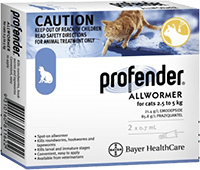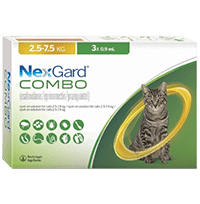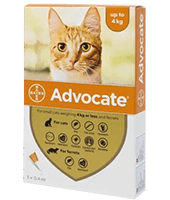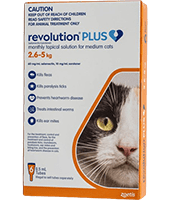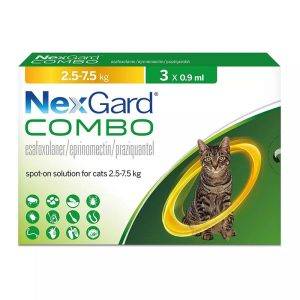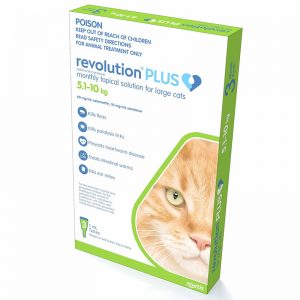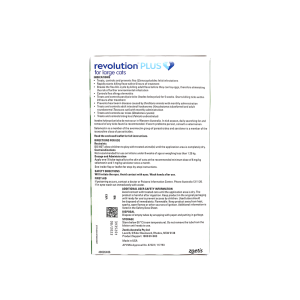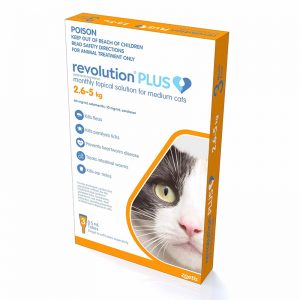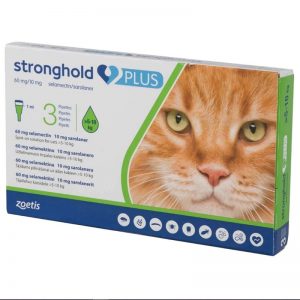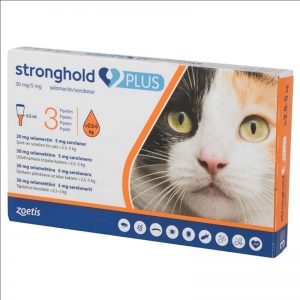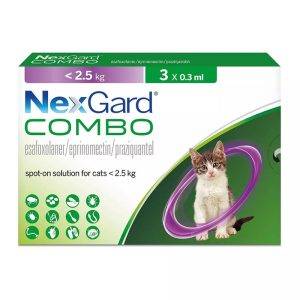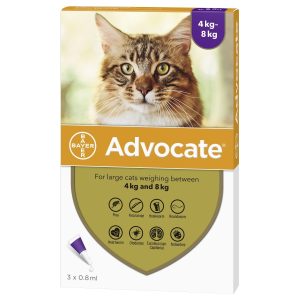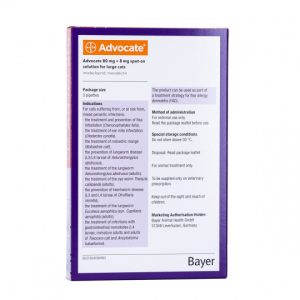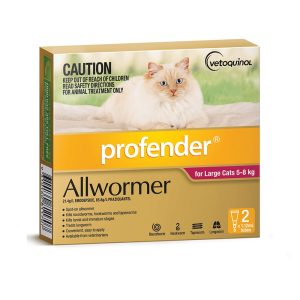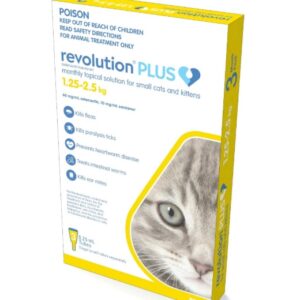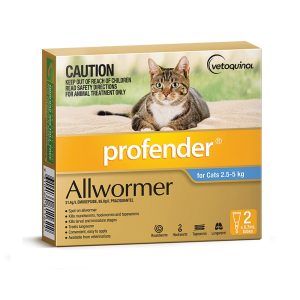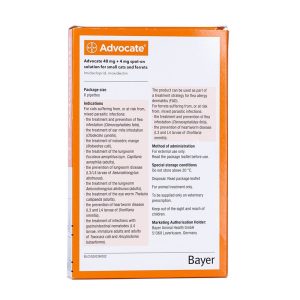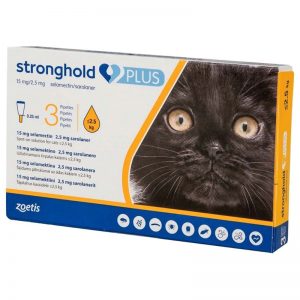What are intestinal worms?
Intestinal worms are parasitic organisms that inhabit the internal organs of cats, feeding off their nutrients. There are several types of intestinal worms that can affect cats, including roundworms, tapeworms, hookworms, and whipworms. These worms can cause various symptoms and health problems if left untreated.
Roundworms: These are the most common intestinal parasites in cats. Kittens can get them from their mother's milk, and adult cats can acquire them by ingesting contaminated feces or infected prey. Symptoms of roundworm infestation may include a pot-bellied appearance, diarrhea, vomiting, weight loss, and a dull coat.
Tapeworms: Cats can get tapeworms by ingesting fleas that carry the larvae or by eating small mammals or birds infected with tapeworms. Tapeworms are often identified by the presence of small, white, rice-like segments around the cat's anus or in their feces. Cats may also excessively lick or scoot their rear ends.
Hookworms: Cats can acquire hookworms by ingesting the larvae from contaminated environments or through their mother's milk. Hookworm infestation can cause anemia, weight loss, diarrhea (sometimes with blood), and a poor coat condition.
Whipworms: These worms are less common in cats but can still be a problem. Cats usually get whipworms by ingesting the eggs from contaminated soil or feces. Symptoms of whipworm infestation may include diarrhea (sometimes with blood), weight loss, and general malaise.
How can I prevent or treat worms in cats?
It is crucial to initiate prompt treatment upon detecting any presence of intestinal parasites. For cats at risk of reinfection or those with frequent outdoor access, regular deworming on a scheduled basis may be necessary. By effectively controlling fleas, the risk of certain types of tapeworm infection can be prevented. Nowadays, there are highly effective and safe heartworm preventives specifically designed for cats, simplifying the prevention of heartworm disease. Additionally, many heartworm preventives offer protection against specific types of intestinal worms as well. This comprehensive approach ensures the well-being of your cat and minimizes the risks associated with these parasites.
If you suspect that your cat has intestinal worms, it's important to take them to a veterinarian for a proper diagnosis and treatment. The vet can perform fecal examinations to identify the specific type of worm and prescribe the appropriate medication. They may also recommend regular deworming treatments and preventive measures, such as flea control, to reduce the risk of reinfestation. Additionally, maintaining good hygiene practices, such as regular litter box cleaning and proper disposal of feces, can help prevent the spread of worms.
What happens if worms go untreated in cats?
Failure to treat worm infestations in cats can result in significant health consequences that can become life-threatening. Untreated worms can lead to various serious conditions such as malnutrition, severe anemia, and intestinal obstructions, depending on the type and severity of the infection. It is therefore crucial to prioritize the prompt treatment of worm infestations in cats to prevent these potential health risks from escalating.



